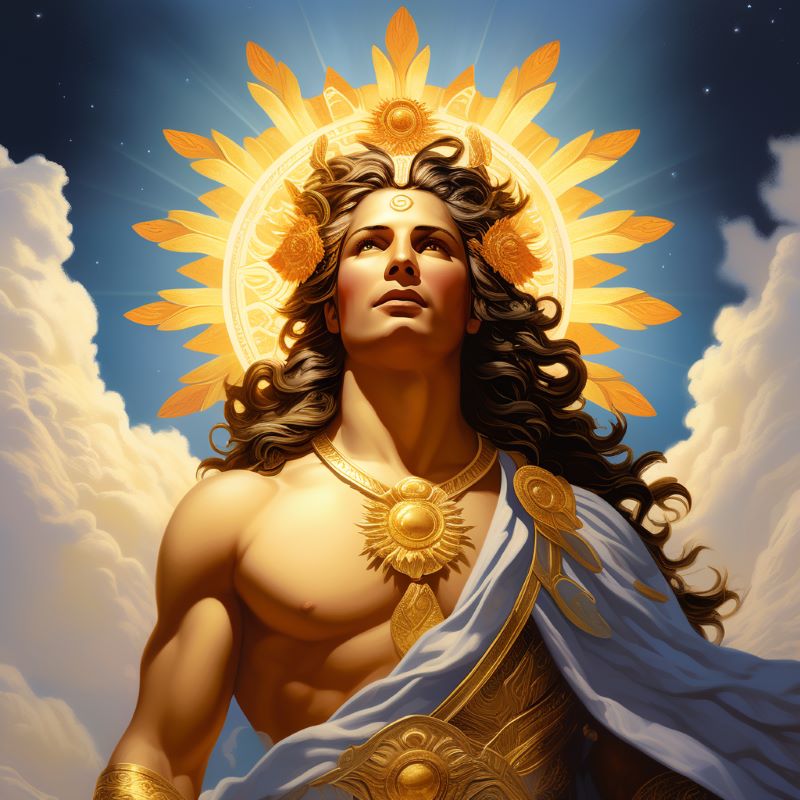Most Viewed Names
| Rating in 2024: 0.00 Name ApolloAnanym of Apollo (spelled backwards): Ollopa Meaning of Apollo:Latin name, which was derived from the ancient Greek word ἀπόλλυμι [apollymi] means - "to destroy; to lose" or from ἀπόλυτος [apolitos] - "released; liberated, free". Plato in Cratylus connects the name with Greek ἀπόλυσις [apolysis] - "redeem", with ἀπόλουσις [apolousis] - "purification" or of ἁπλοῦν [aploun] - "simple" or of Ἀει-βάλλων [aeiballon] - "ever-shooting". Hesychius connects the name Apollo with the Doric απέλλα [apella] - "assembly", so that Apollo would be the god of political life, and he also gives the explanation σηκός [sekos], "fold", in which case Apollo would be the god of flocks and herds. In Greek and Roman mythology, Apollo, is one of the most important and many-sided of the Olympian deities. The ideal of the kouros (a beardless youth), Apollo has been variously recognized as a god of light and the sun; truth and prophecy; archery; medicine and healing; music, poetry, and the arts; and more.
Top 1000 | Advanced Search | Name Generator |
Recently Commented
Recently Added
|







Comments (0)